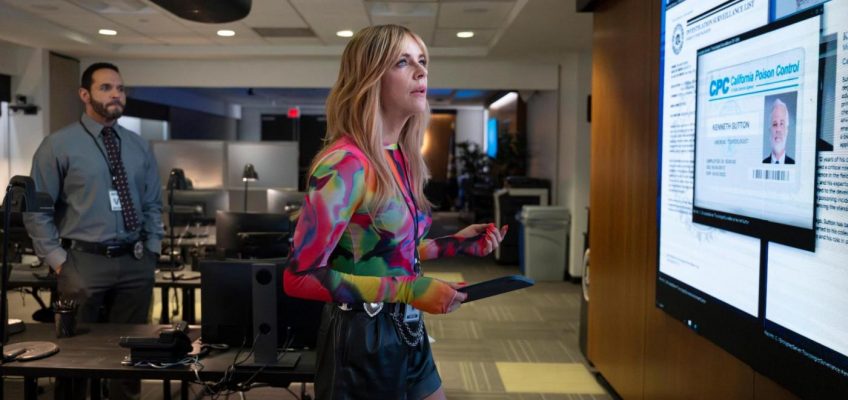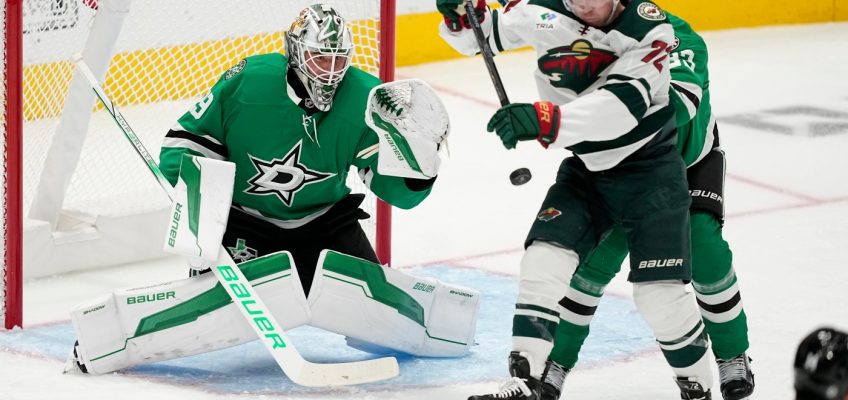The NBA’s post All-Star Weekend “second half” of the regular season — actually, more like the final third — kicked off with a solo game featuring the Lakers and Hornets on Wednesday.
Everything else is back in action either Thursday or Friday as teams across the NBA gear up for the home stretch.
The NBA landscape is now clearly defined post-trade deadline. It’s clear which teams are likely going to the playoffs, which teams are still chasing spots and which organizations are counting the days, and lottery balls, until the season’s conclusion.
With that information in tow, here’s one view on what’s about to play out.
Luka and LeBron excite, but don’t excel
The Lakers tandem featuring two of the game’s current icons, Luka Doncic and LeBron James, creates a nice baseline of success on their own. Two of the most consistent producers the league has to offer should be able to keep the Lakers in that No. 4-5 first-round matchup in the Western Conference playoffs.
It’s tough not to see a couple of bona fide killers finding a way to best a less-experienced foe such as Houston or Memphis in Round 1 of the playoffs. But there will come a point, likely by the second round, when the Lakers’ roster is simply out-manned, especially on the interior, to a degree even Doncic and James cannot cover up.
Beware the sleeping Celtics
Boston was heavily favored to defend its NBA title this season. And while very few folks have stepped away from that belief, the Celtics’ play for chunks of this season has been less than inspiring.
The Celtics aren’t exactly putting the pedal to the metal, their intensity level so far shy of championship level. Such is to be expected for a defending champion; it’s hard to maintain the motivation required to play your best throughout an 82-game campaign when you know what truly matters still lies ahead.
But the Celtics know the runway to the playoffs starts now, so you can expect Boston to start ripping off wins in chunks and more closely resembling the title team of a year ago.
The East should still be afraid of Big, Bad, Boston.
It’s Minnesota and Denver in a(nother) thriller
This feels like destiny at this point, as the two Northwest Division foes further solidify a growing rivalry.
Denver looks like a good bet to secure the second or third seed in the West, while Minnesota seems poised to finish sixth or seventh. Another first- or second-round duel could be on the not-so-distant horizon.
What a treat that would be for basketball fans.
Minnesota seems to have the matchup advantage. It has the defensive wings capable of frustrating Jamal Murray and Michael Porter Jr., while Denver has no answer for Anthony Edwards.
But the Nuggets have the best player in the world in Nikola Jokic. That alone was nearly enough to out-last the Wolves in last year’s second round, only to have Minnesota ultimately wear Denver down in the second half of the decisive Game 7.
Expect more of the same later this spring.
Phoenix falls off
To be frank, the Suns’ descent has been well underway for weeks. They entered the all-star break as losers of seven of their past 10 games. There’s a reason Phoenix was willing to move Kevin Durant at the trade deadline: This current roster is going nowhere.
The Suns simply don’t possess enough defenders, or off-the-bounce offensive creators, to play offense or defense at a high enough level to consistently beat good teams. Phoenix will miss the play-in tournament in the West, and speculation of Durant’s offseason departure will grow.
The best teams meet in the Finals
WHAT? Yes, bold take. But “best” is often in the eye of the beholder. Yet despite the love previously given to Boston in this very piece, Cleveland is the current standard in the East, much as Oklahoma City is out West.
Both squads emerge from the break with 44-10 records, and both have the depth and balance on both sides of the court to endure and thrive in the marathon that is the NBA playoffs, though neither’s path will be easy.
Expect the Cavaliers to have to ward off the Celtics in seven games in the East Finals, while the Thunder get the benefit of a playoff road that likely includes the No. 8 seed, a Lakers team that can’t match up and a Nuggets — or, yes, Timberwolves — squad that could be running on empty by the West Finals.
In the end, Cleveland simply won’t have a defensive answer for Shai Gilgeous-Alexander, and the Thunder will hold off the Cavaliers in six games.
Related Articles
Timberwolves’ depth dominates in upset of Oklahoma City
Timberwolves fall to star-less Bucks
Twins agree to deal with first baseman Ty France
An aggressive Jaden McDaniels has keyed an improved Timberwolves’ offense
Anthony Edwards’ 44 points not enough as Timberwolves drubbed by Cleveland




